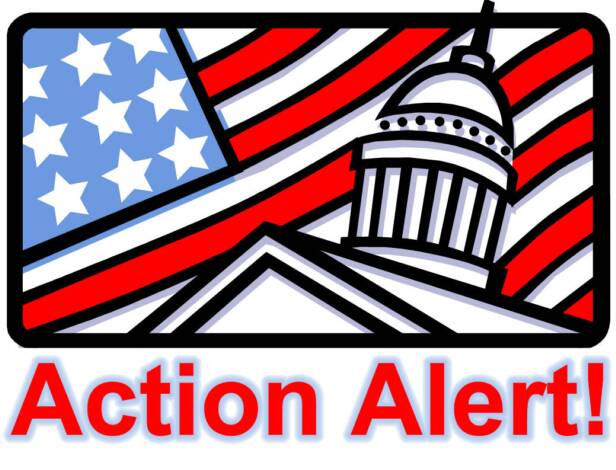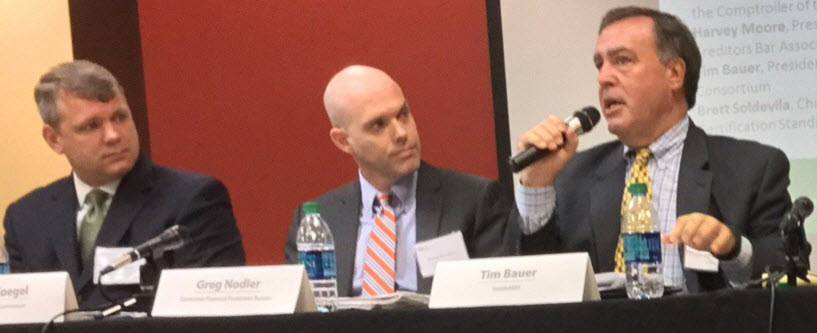
As these things tend to happen on Fridays, the CFPB has once again released its latest rulemaking agenda update. The previous update, in May, extended debt collection rulemaking pre-rule activities from April 2015 until December 2015. This latest update, released today, extends debt collection pre-rule activities schedule through February 2016.
According to the CFPB, the Bureau is now analyzing the results of a groundbreaking nationwide survey related to consumers’ experiences with debt collection. They are also engaged in consumer testing initiatives to determine what information would be useful for consumers to have about debt collection and their debts and how that information should be provided to them.
insideARM Perspective
The next formal step in debt collection Rulemaking is expected to be the convening of a Review Panel under the Small Business Regulatory Enforcement Fairness Act of 1996 (SBREFA), however to our knowledge this process has not yet officially begun.
The CFPB recently convened a SBREFA panel as part of its Arbitration rulemaking; the hearing took place earlier this month, and included debt collection firms.
CFPB Now Extends Debt Collection Pre-Rule Activity Through February 2016
http://www.insidearm.com/daily/collection-laws-regulations/collection-laws-and-regulations/cfpb-now-extends-debt-collection-pre-rule-activity-through-february-2016/
http://www.insidearm.com/feed
insideARM















